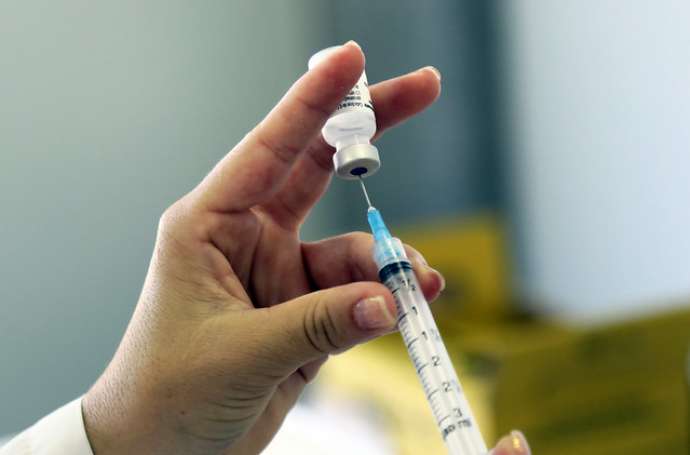STA, 20 July 2021 - The latest survey by the National Institute of Public Health (NIJZ) shows that between 27.5% and 32.1% are still unwilling to get vaccinated against Covid-19. This is as almost 37% of the population has already been fully inoculated.
Releasing the 13th SI-PANDA survey on the impact of Covid-19 on people's lives, NIJZ noted that the proportion of fully-vaccinated people was steadily increasing.
The latest data on the NIJZ website shows that 36.5% of Slovenia's population has been fully vaccinated and 42% of the people have received their first dose.
Asked what would affect most their decision on getting the jab, most of those questioned said it would depend on whether there was sufficient data available on the vaccine being safe and effective, on whether the vaccine had been used for a while and on whether they would be able to choose between vaccines.
The main reasons cited by those unwilling to get vaccinated are concerns about side effects and the jab's long-term effect on their health and the belief that vaccines are not safe.
Nearly two out of three respondents (61.5%) reported that the pandemic had negatively impacted on their social contacts with their extended family and friends and just over one in three reported taking less exercise and as many saying their financial security had deteriorated.
On the other hand, those noticing a positive effect of the pandemic reported mainly taking more exercise.
The proportion of those who experienced stress increased compared with the CINDI survey conducted about a year ago. Nearly one fourth of respondents in the latest survey reported experiencing stress often or on a daily basis, about 7% more than in 2020.
Nearly three out of four of those who have had Covid-19 reported having issues still a month after recovering from the disease.
The survey is based on of WHO questionnaire, adapted to the Slovenia situation, which makes data internationally comparable.






